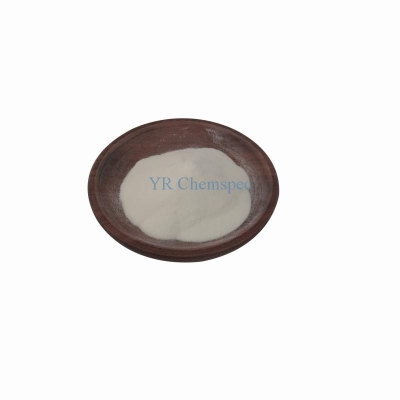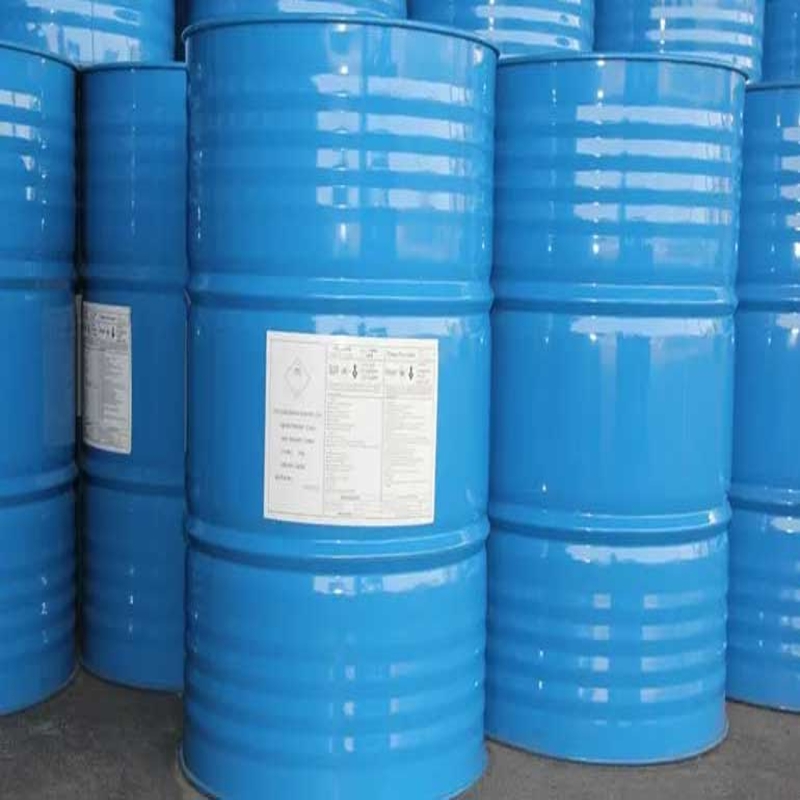-
Categories
-
Pharmaceutical Intermediates
-
Active Pharmaceutical Ingredients
-
Food Additives
- Industrial Coatings
- Agrochemicals
- Dyes and Pigments
- Surfactant
- Flavors and Fragrances
- Chemical Reagents
- Catalyst and Auxiliary
- Natural Products
- Inorganic Chemistry
-
Organic Chemistry
-
Biochemical Engineering
- Analytical Chemistry
-
Cosmetic Ingredient
- Water Treatment Chemical
-
Pharmaceutical Intermediates
Promotion
ECHEMI Mall
Wholesale
Weekly Price
Exhibition
News
-
Trade Service
Recently, the Australian Anti-Dumping Commission (AADC) announced that it officially terminated its anti-dumping investigation
of Chinese photovoltaic products in the country.
According to Australian media reports, in April this year, the Australian Anti-dumping Commission recommended the termination of the anti-dumping investigation of Chinese manufacturers, and recently the organization officially issued a statement to terminate the case
.
In May last year, Australian photovoltaic panel manufacturer Tindo Solar accused Chinese manufacturers of dumping photovoltaic products into the Australian market, which had an impact on the local industry, and the AADC anti-dumping case investigation began
.
Tindo Solar is Australia's only PV panel manufacturer that owns a 60 MW solar power plant
in South Australia.
Last year, Tindo claimed that Chinese manufacturers selling crystalline silicon PV modules or panels in Australia at export prices below their home market prices or below cost prices caused significant damage
to the Australian PV manufacturing industry.
As early as April, AADC found that the dumping gap of Chinese products is relatively small and the impact on the industry is negligible
.
In fact, most industry insiders believe that the anti-dumping investigation is "costly, labor-intensive and unnecessary"
.
AADC's decision to terminate the investigation was supported
by the Clean Energy Commission (CEC) of Australia.
Darren Gladman, director of CEC's policy department, said he was pleased with the resolution to end the anti-dumping case because it had "completely eradicated the source of uncertainty that has shrouded the entire industry across Australia for nearly 18 months"
.
He pointed out that trade liberalization is an important project that can create multiple benefits
for local consumers.
For Australian residents, anti-dumping duties will increase solar prices, which will have a negative impact on product sales, thereby inhibiting the development of
Australia's photovoltaic industry.
12Next View full article
Recently, the Australian Anti-Dumping Commission (AADC) announced that it officially terminated its anti-dumping investigation
of Chinese photovoltaic products in the country.
According to Australian media reports, in April this year, the Australian Anti-dumping Commission recommended the termination of the anti-dumping investigation of Chinese manufacturers, and recently the organization officially issued a statement to terminate the case
.
In May last year, Australian photovoltaic panel manufacturer Tindo Solar accused Chinese manufacturers of dumping photovoltaic products into the Australian market, which had an impact on the local industry, and the AADC anti-dumping case investigation began
.
Tindo Solar is Australia's only PV panel manufacturer that owns a 60 MW solar power plant
in South Australia.
Last year, Tindo claimed that Chinese manufacturers selling crystalline silicon PV modules or panels in Australia at export prices below their home market prices or below cost prices caused significant damage
to the Australian PV manufacturing industry.
As early as April, AADC found that the dumping gap of Chinese products is relatively small and the impact on the industry is negligible
.
In fact, most industry insiders believe that the anti-dumping investigation is "costly, labor-intensive and unnecessary"
.
AADC's decision to terminate the investigation was supported
by the Clean Energy Commission (CEC) of Australia.
Darren Gladman, director of CEC's policy department, said he was pleased with the resolution to end the anti-dumping case because it had "completely eradicated the source of uncertainty that has shrouded the entire industry across Australia for nearly 18 months"
.
He pointed out that trade liberalization is an important project that can create multiple benefits
for local consumers.
For Australian residents, anti-dumping duties will increase solar prices, which will have a negative impact on product sales, thereby inhibiting the development of
Australia's photovoltaic industry.
12Next View full article
12Next View full article






